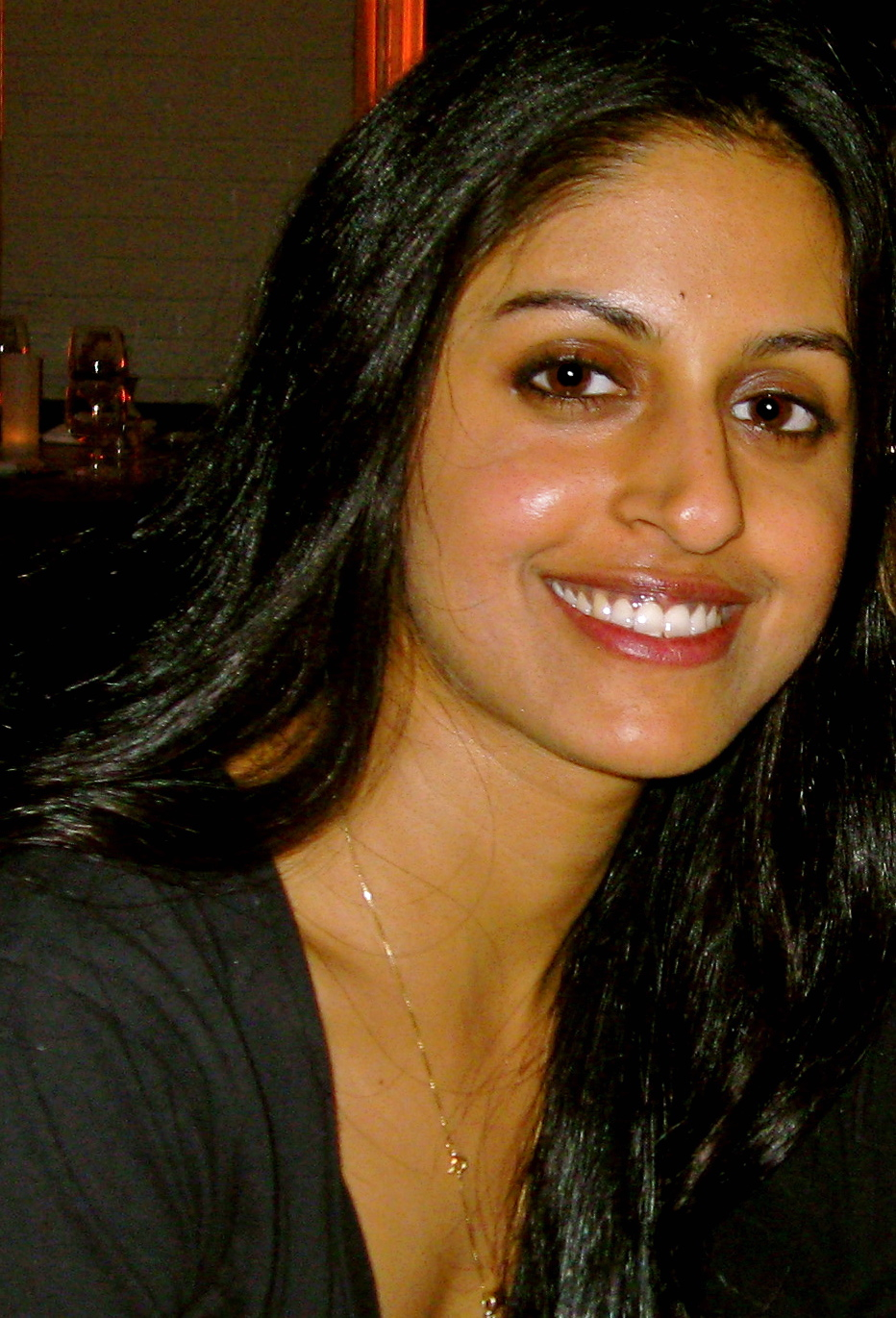Critical Mass readers will know we are now in our fourth year of “NBCC Reads.” This survey allows us to draw on the bookish expertise of our membership, along with former NBCC winners and finalists. This spring's question: What's your favorite comic novel? was inspired by this past year's awards in fiction– NBCC fiction award winner Jennifer Egan's at-times hilarious A Visit from the Goon Squad (which also won this year's Pulitzer and the Los Angeles Times book award in fiction) and Irish writer Paul Murray's darkly comic Skippy Dies, an NBCC fiction finalist. We heard from more than 100 of you (thanks!). We do not tabulate votes or rank the titles under discussion. Instead, we simply give an idea of the authors or particular titles that seem to be tickling out collective fancy. The first of the series, and the most noted comic novel of the lot, was Joseph Heller's Catch-22, first published in 1961. (We're including worthy second choices, as well.) Other favorites so far: Vladimir Nabokov, Evelyn Waugh, Richard Russo's “Straight Man,” Kingsley Amis's “Lucky Jim,” two by Flann O'Brien, “Oldies but Goodies” like Henry Fielding's “Tom Jones” and Jane Austen's “Pride and Prejudice,” plus Charles Portis. Today's posting is one of our “Long Tail” entries.

My favorite comic novel is Muriel Spark's “The Prime of Miss Jean Brodie” (but that might be because Miss Jean is my favorite everything), that wicked little novel that glitters with malice. Who would have guessed that the ideological differences between a prim schoolmistress and her charges could produce humor so lancing and painful? It goes to show how close contempt and comedy are–and that there is no better fodder for comedy than conviction.
Runner up: “The Lonely Polygamist” by Brady Udall, the opposite of Miss Jean Brodie in every way. Here is an American kind of humor–broad and expiating–featuring big set pieces; slapstick; incontinent dachshunds in Underoos; an unfaithful and ungainly polygamist; naked children sitting in potted plants. It is sublime.

